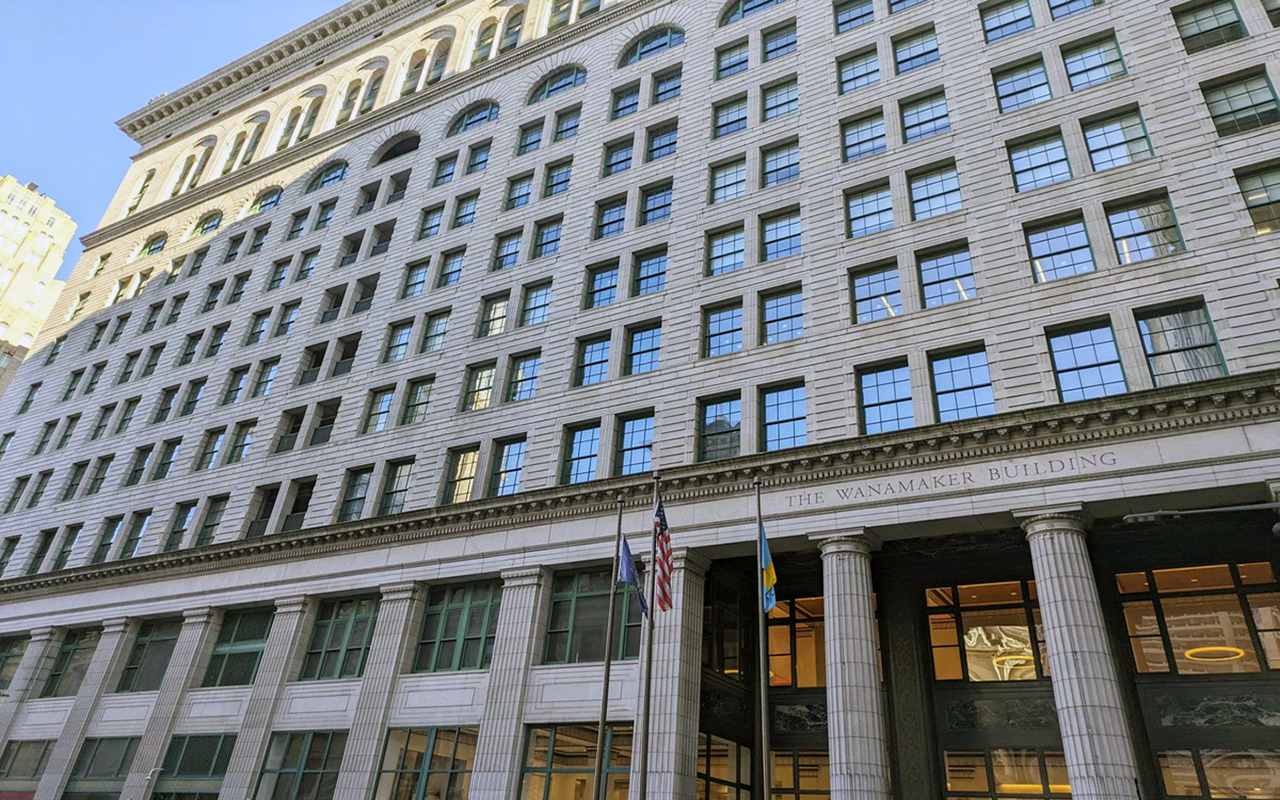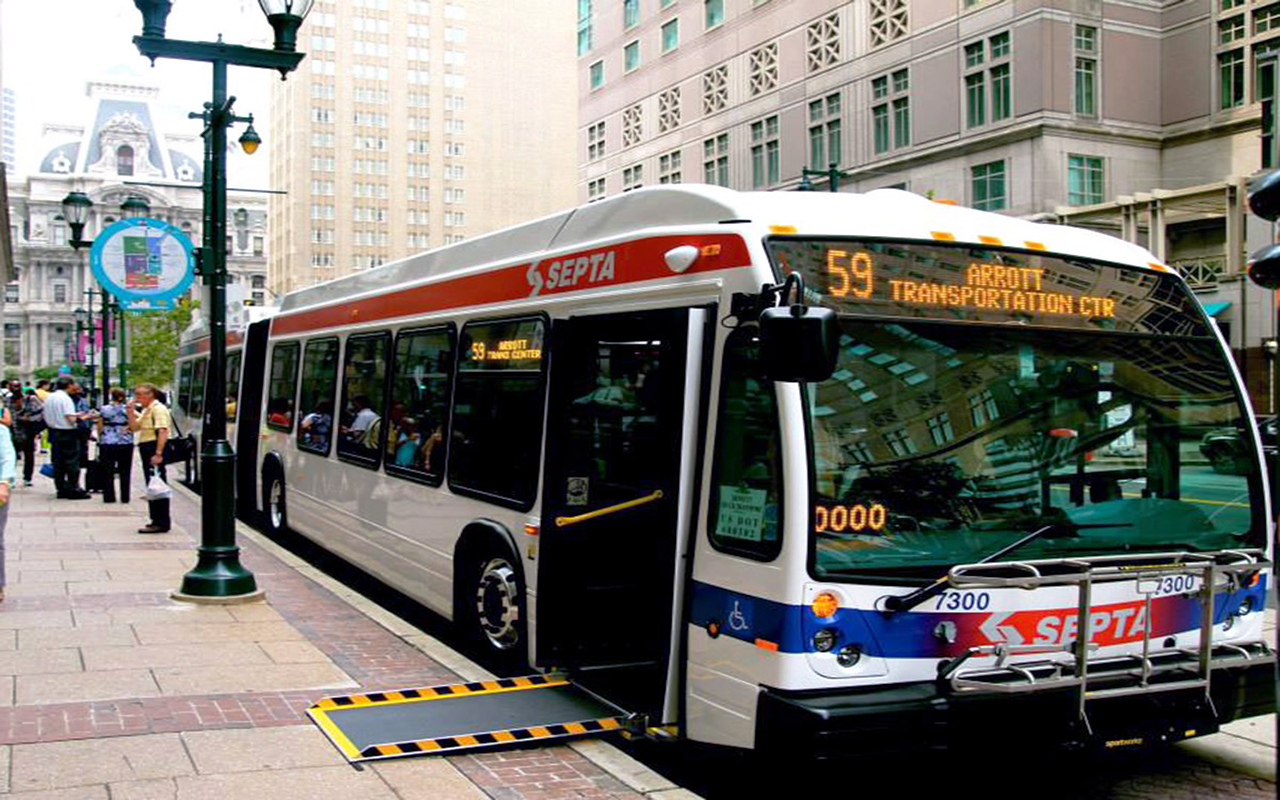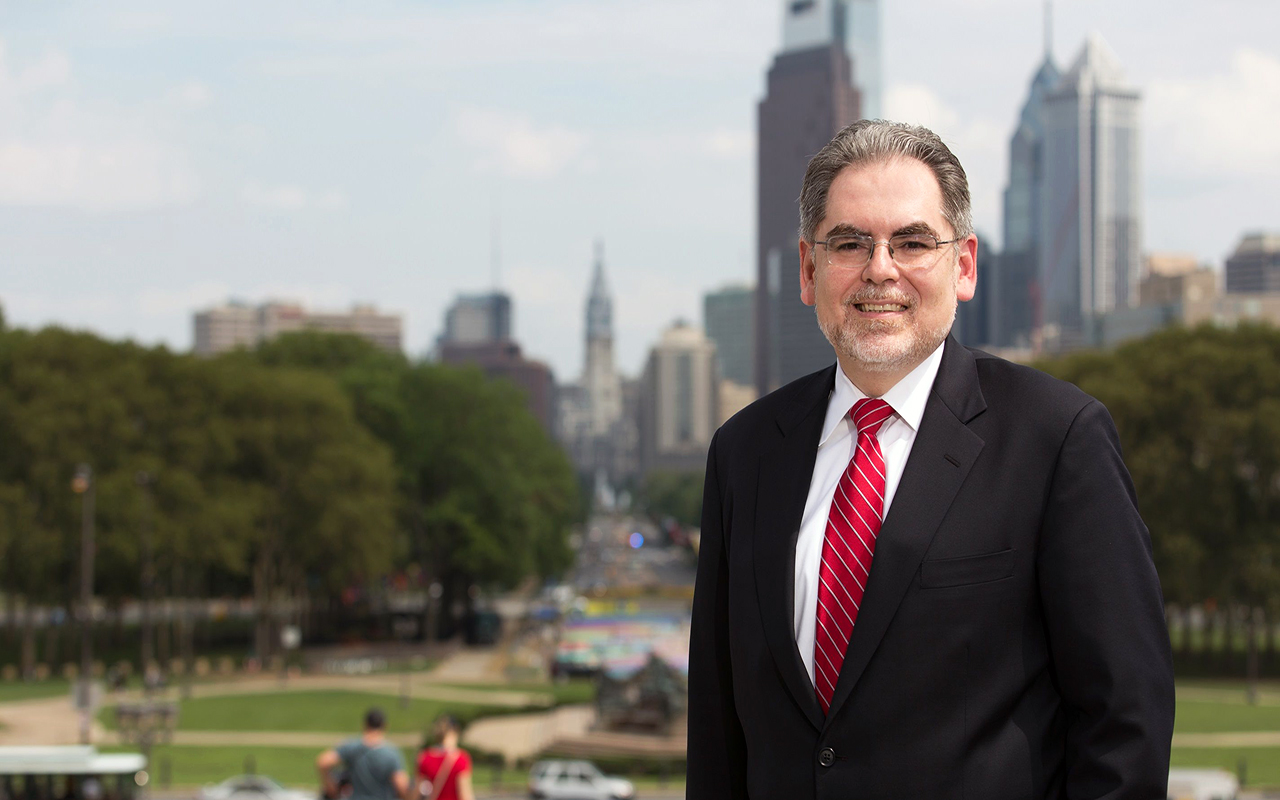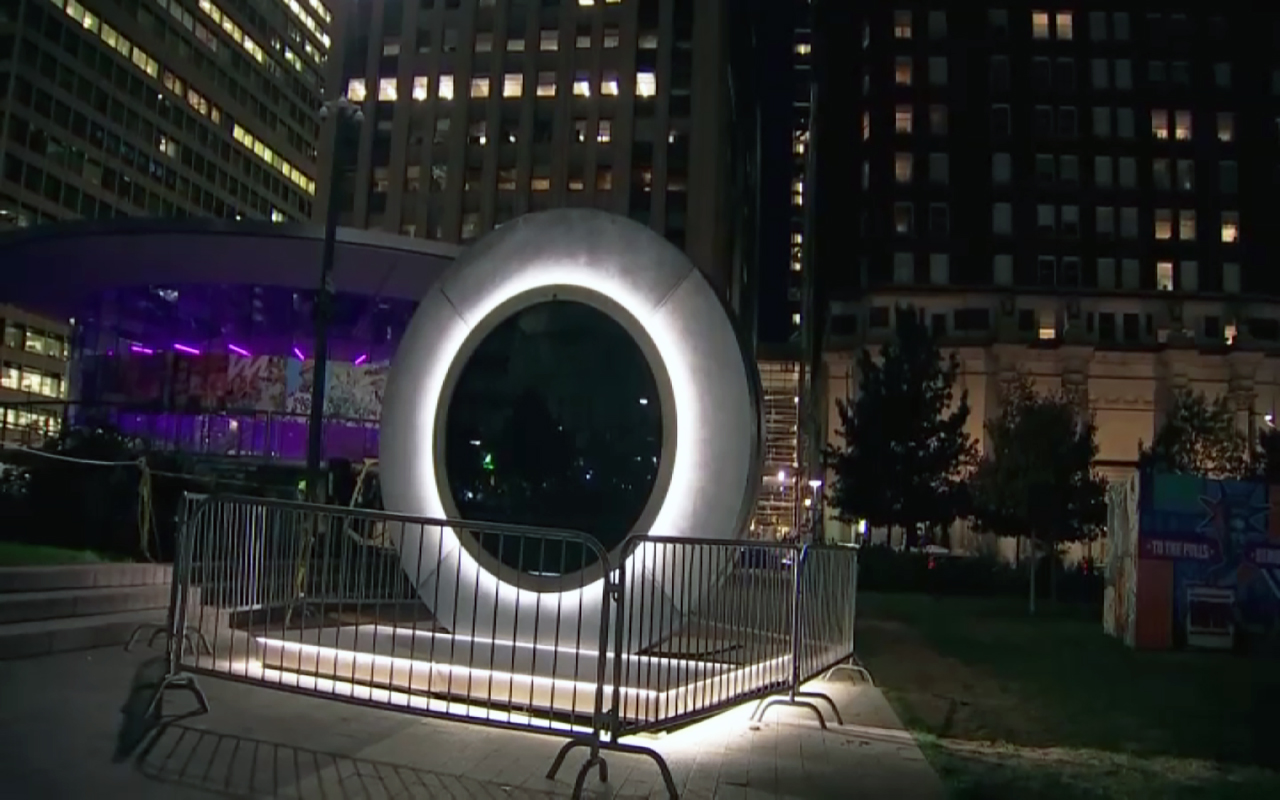
'I am an American Immigrant,' Judge Restrepo tells honorees
While touting the importance of Latino immigrants in the United States, the U.S. federal judge shared his own immigration story.
It took Judge Luis Felipe Restrepo 31 years to become a U.S. citizen. But when he took the oath in Philadelphia on Sept. 7, 1993, he understood he was signing up for not just the privileges inherent in being a citizen of the stars and stripes, but also a lifetime of serving the country and engaging in democracy — a responsibility he has more than fulfilled throughout a justice career that has led him to his current role as the United States Circuit Judge of the U.S. Court of Appeals for the Third Circuit.
“Citizenship is not a spectator sport. You must participate in a democracy. You must register and you must vote,” Restrepo said at the American Immigrant ceremony on Thursday, urging those gathered at the event to “follow in the footsteps” of the four honorees — Carmen Guerrero, Emma Restrepo, Liliana Velásquez, and Nelly Jiménez-Arévalo.
“Emulate their sense of community and service to others,” he enjoined.
Restrepo shared with the audience how his own immigration story echoed those of the honorees, all of whom he noted “personify what is good, healthy, righteous, and vibrant about immigration, more specifically Latino immigration in the United States.”
Born in Medellín, Colombia, Restrepo’s family first immigrated to the U.S. in 1962 from Colombia due to a job his father was offered as an economist at the Organization of American States. They didn’t plan to stay, but circumstances changed.
“Why did we stay? When Carmen, Nelly, Emma and Liliana were asked that question on the videos, the consistent theme was that they were looking for a safe place — a sanctuary from paramilitary groups, political and economic instability, and/or domestic violence,” said Restrepo, describing how for similar reasons his parents remained in the U.S. as a result of the narco-wars in the 70s and 80s which had made Colombia among the most violent countries in the world.
Restrepo, who graduated from University of Pennsylvania in 1981 and received his Juris Doctor law degree from Tulane Law School in 1986 (the same year his path to citizenship was laid out by the Simpson-Mazzoli Act), now appreciates the ways in which his parents instilled in their children a sense of identity and pride in their roots, language, and culture.
RELATED CONTENT
His father, from Bogotá, Colombia, and his mother, from Madrid, Spain, met each other at an ESL class on the University of Pennsylvania campus in 1955. Though they both speak English, they were adamant about speaking Spanish at home and always speaking to Restrepo and his siblings in Spanish — an effort which has allowed the judge to use his bilingual abilities in his professional work.
“Being an immigrant in the United States is not a zero-sum game. Don’t feel like it’s either or in terms of your ethnic identity. We should be proud of our heritage, practice our native language, and know the history of our native country,” he said.
Restrepo highlighted the fact that since his family first arrived in the U.S. in the early 1960s, the country’s Latino population has grown from a little over 6 million to well over 58 million, who now represent $1.3 trillion in buying power and are creating new businesses and hiring employees faster than any other group of Americans.
“If the Hispanic population in the United States were a country, it would have the seventh highest GDP in the world. Think about that for a minute,” Restrepo said.
Apart from numbers, Restrepo said that “the cultural and social contributions” of Latinos and Latino immigrants in the U.S. are hard to measure; but the achievements of Carmen, Emma, Liliana, and Nelly represent the many ways in which “immigrants contribute greatly” in the city of Philadelphia and throughout the nation.
“It’s incumbent on all of us to continue to contribute to the fabric of this country, and while many of us may be in a hurry to assimilate, it’s worth emphasizing that we should be proud of where we came from and what we bring to this country,” he said.











LEAVE A COMMENT:
Join the discussion! Leave a comment.